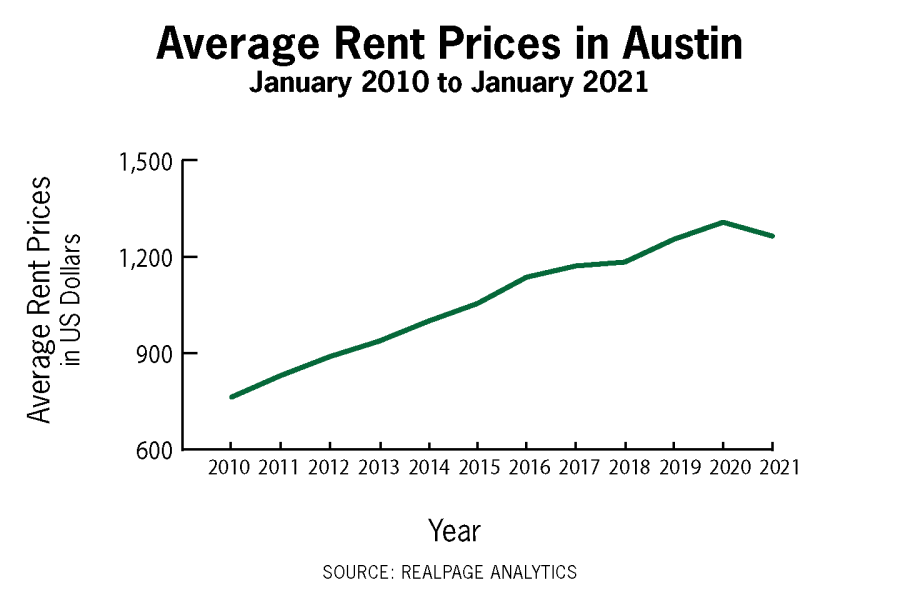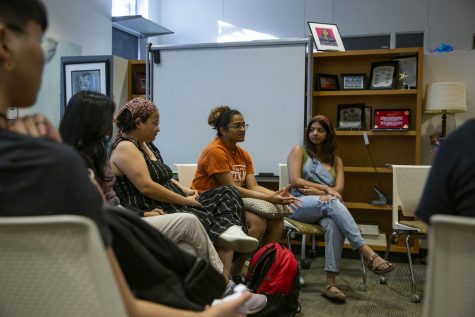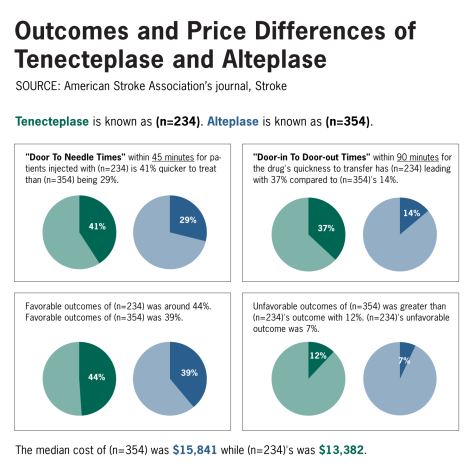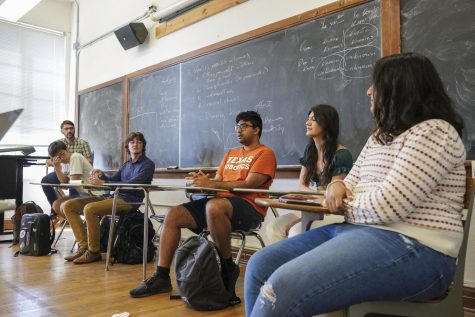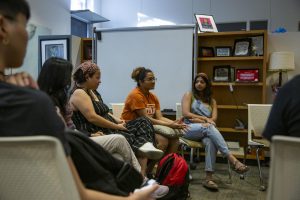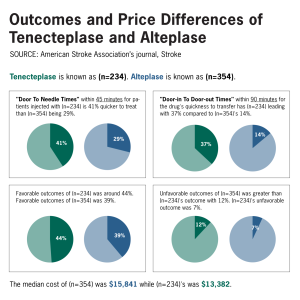University buys apartment building for faculty housing amid increasing housing costs
October 10, 2022
To help mitigate the high cost of housing for faculty, the University acquired the Boulevard apartments specifically for faculty housing, President Jay Hartzell said in the State of the University address on Sept. 20.
The decision to create specific faculty housing follows the decision to set aside recruitment funds last spring to help new hires pay for the costs associated with moving to Austin and finding housing. The median sales price of a single-family home in Austin is about $496,000, a 54% increase from 2018, according to a report from the Austin Board of Realtors.
Kemper Lipscomb takes Capital Metro’s Red Line from her house in Cedar Park to work everyday. Because of her roughly 20-mile and hourlong commute, Lipscomb said she doesn’t feel involved in campus life.
“I don’t spend that much time on campus because I just come here for work and then leave,” said Lipscomb, an assistant professor of practice in the College of Education. “That feels very disconnected.”
Lipscomb, who started as an assistant professor in August 2020, said managing rent is difficult, even with the dual income of both her and her husband. She said she lives far from campus because of housing costs in Austin.
“Some of my friends who are single-income have had to find really creative ways (to afford housing),” Lipscomb said. “No one who wasn’t living with other people was in an ideal place or type of home where they would want to be.”
The Boulevard apartments have about 250 units, Hartzell said at the Sept. 19 faculty council meeting. He said they plan to start allocating units to faculty members as current residents of Boulevard begin to move out. JR DeShazo, dean of the Lyndon B. Johnson School of Public Affairs, will head a committee of deans to advise the President in this endeavor.
“The ability for us to offer subsidized housing in some way to faculty … will be another great recruiting tool for us,” Hartzell said at the meeting.
Jeff Gross, who returned to Austin this year to serve as the department chair of molecular biosciences, said he had to downsize from his home in Pittsburgh to move back to Austin and live close to campus.
“It was really easy to buy that starter home. Seventeen years later, … the same houses and neighborhoods that maybe have a new coat of paint and a new roof are three or four times what they cost in 2005,” Gross said.
Potential hires cite the cost of housing as their main concern of coming to the University, Gross said.
“We’re trying to think about when they come and visit, making sure they meet with a realtor, … get a tour and … understand the options,” Gross said. “(So) the options are presented in a way that’s not overwhelming.”
Lipscomb said because many faculty members want to start families, living in apartments is not an ideal option. She said she likes having a yard and would not want to be confined to an apartment populated with faculty.
“I like (that) in my neighborhood … I’m around people of all different ages and different jobs,” Lipscomb said. “Another thing that might get a little old is being around all faculty all the time.”
Because of the unaffordability of buying a house in Austin, Gross said the University may begin to attract more applicants looking to live in a metropolitan area.
“We used to be a place where you could just come and do really great science and buy a house,” Gross said. “Now that’s much more challenging, which may change the type of person that applies.”

